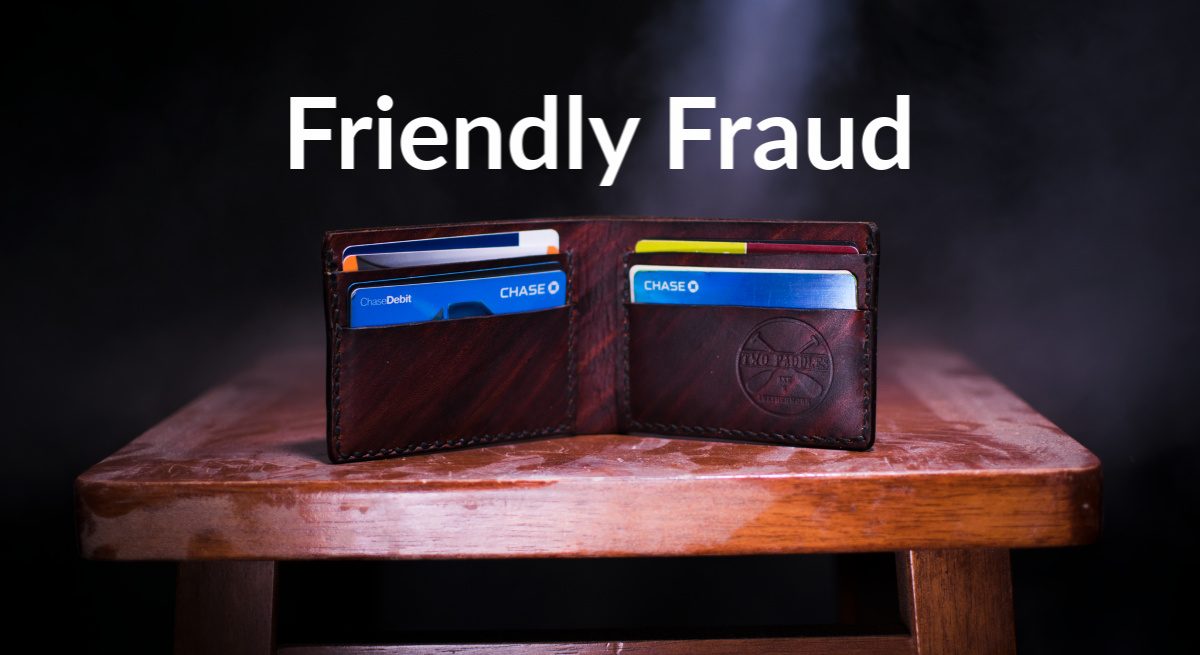Why Friendly Fraud Is on the Rise at Full-Service Restaurants
3 Min Read By Michael Weaver
It’s been nearly five years since the coalition comprised of Europay, MasterCard and VISA (EMVCo) shifted the liability for payment fraud from the banks to the merchant. In that time, chip cards have become ubiquitous. Payments made using a swipe have officially jumped the shark, and the face of fraud has become friendly.
“Friendly fraud” as it’s called, occurs when a cardholder disputes legitimate charges with their credit card provider, forcing a refund under the false pretense that the merchant made an error. This happens when merchants are ill- equipped to accept EMV payments – meaning, they don’t use a chip-enabled card reader during the payment transaction. If a restaurant guest, for example, argues the charges in the absence of a chip card reader, banks will reverse the transaction with no recourse by the restaurant operator.
Restaurants owe it to their guests and themselves to protect against friendly fraud.
This was once considered an issue only for online or telephone card transactions where the cardholder does not physically present the card to the merchant for processing. Since the liability shift, scammers are now also targeting merchants that still use a magnetic stripe reader to conduct transactions, instead of a chip-enabled card reader.
Friendly fraud charges have been on the rise for two reasons. First, it’s easier than ever for customers to dispute charges – often taking only the tap of a mobile banking app. Second, it’s difficult and costly for merchants to argue chargebacks or to prove the legitimacy of a transaction.
According to Chargeback Gurus, chargebacks have grown 179 percent in the last two years, costing merchant’s 1.9 percent of their total annual revenue. They are anticipated to exceed 40 billion dollars before 2025. Additionally, 31 percent claim that identifying friendly fraud is their biggest challenge.
One retail segment that has seen chargebacks skyrocket as a result of friendly fraud is the full-service restaurant industry. According to The State of Chargebacks 2018 Report from Kount and Chargebacks911.com, restaurants are now seeing as many as one out of every 100 (one percent) of customer transactions fall victim to chargebacks. While that may seem small, for a restaurant operating on a thin margin, it’s huge. That's a loss of one out of every 100 meals served.
This poses a high threat of revenue loss to the restaurant merchant.
Because many full-service restaurants are often independently owned, routinely operate on those thin margins, and aren’t in the financial position to make the significant investment required to upgrade their point-of-sale (POS) terminal – they are slow to adopt new payment technology. As a result, scammers have focused in on these establishments knowing that they’re not able to accept EMV payments, providing a golden opportunity to dispute the charges.
Again, it’s also very easy and all-too-convenient for someone to claim that they were unsatisfied with their meal and to demand a chargeback, rather than to ask for a refund in person.
However, some restaurant operators are finding that modernizing their payment technology isn’t so difficult after all – and doesn’t even require a POS upgrade. Operators such as Saltwater Grille, based in Portland, Maine and 71Above in Los Angeles, are turning to technology that can augment their current POS, eliminating the need to upgrade it altogether.
These restaurants have implemented a pay-at-the-table platform from TableSafe that brings EMV payment capabilities to their current POS system. The platform was purpose-built to be left at the table with the guest to complete the payment process. The solution allows guests to securely insert chip-enabled cards and complete other payment functions, including auto-calculating the tip, splitting the bill, and issuing email receipts from the convenience and privacy of their table.
“Chargebacks have become much more prevalent as a result of EMV mandates, and it’s become a genuine issue for many operators in our industry,” said Debora Broderson, Operations Manager for The Saltwater Grille. “By installing TableSafe’s platform, we’re not only mitigating chargebacks – but we’re also elevating our level of service, guest security, and enhancing the overall dining experience.”
It has never been more important to weigh the potential impact of not investing in an EMV solution. Restaurants owe it to their guests and themselves to protect against friendly fraud. Solutions can place security back in the hands of the consumer and also protect restaurant operators – without breaking the bank.


